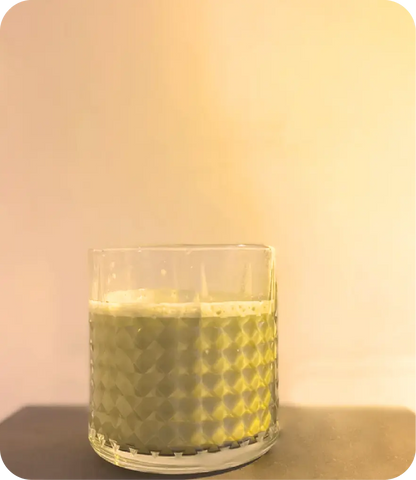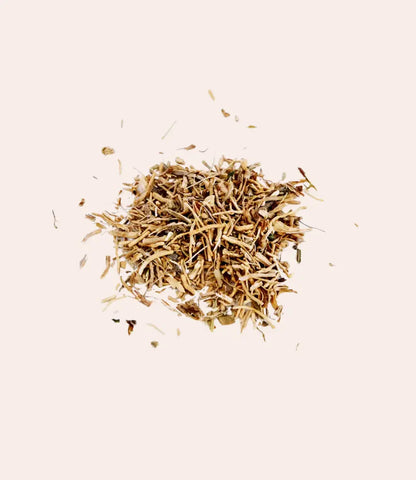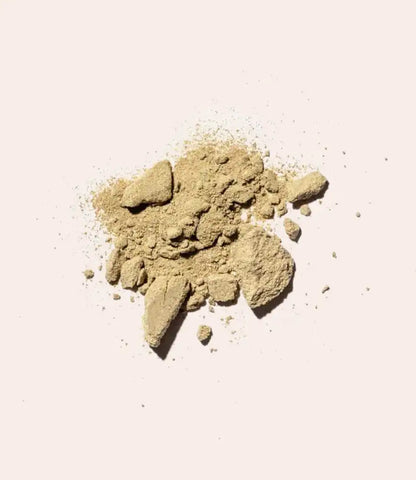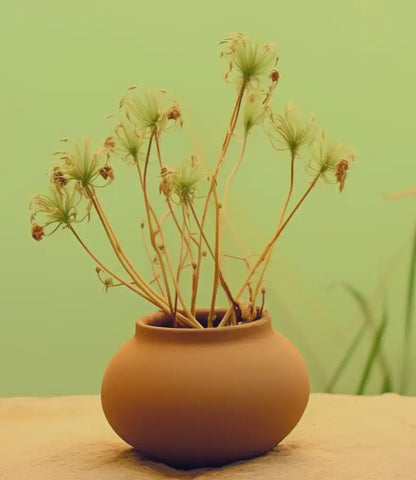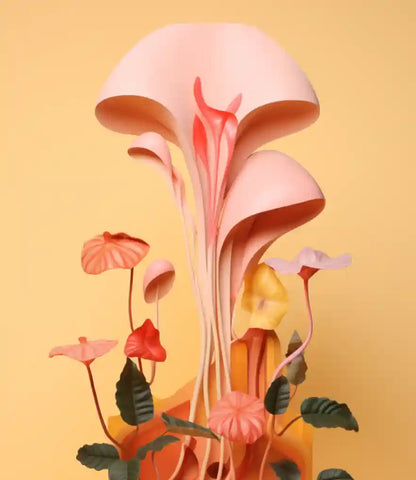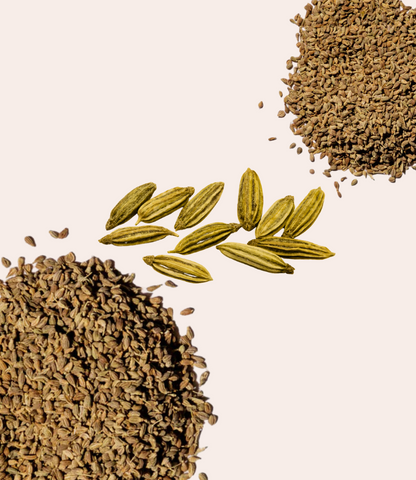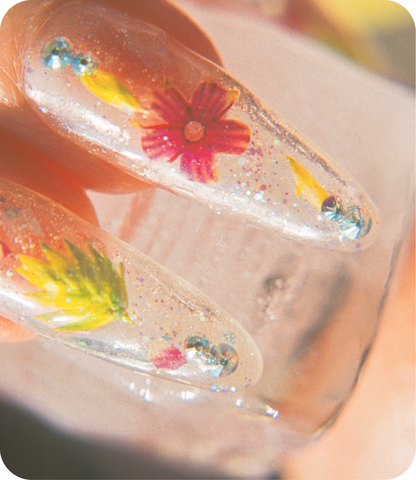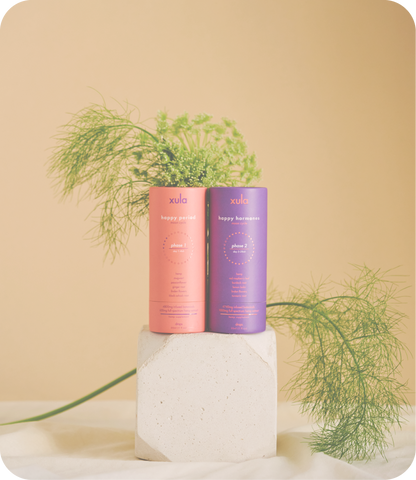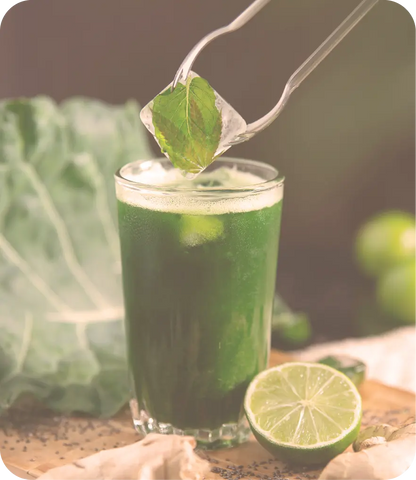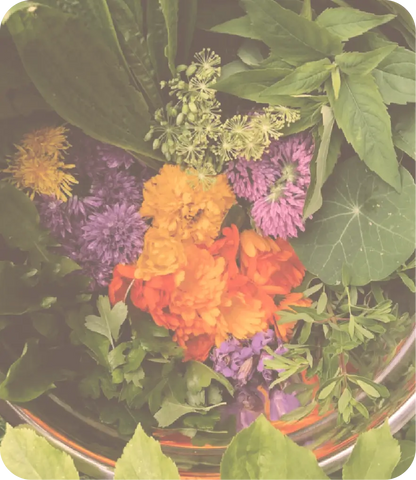
Anise Seeds: A Flavorful Legacy of Culinary Delights and Sleep Support
Anise seeds, scientifically known as Pimpinella Anisum, have a rich and diverse history of use in numerous cultures, both for culinary and medicinal purposes. These small seeds are closely related to plants such as carrots, celery, and parsley. Renowned for their acquired taste of licorice, anise seeds are frequently employed to add a distinct and delightful flavor to desserts, elixirs, and various beverages.
One of the most fascinating aspects of anise seeds lies in their traditional use in herbal medicine, spanning centuries.
These seeds were highly esteemed for their aromatic properties and believed to possess a range of therapeutic benefits. Among their reputed effects, anise seeds were thought to promote digestion, alleviate bloating, and provide relief from menstrual discomfort. To harness these potential advantages, anise seeds were commonly prepared and consumed as teas, tinctures, or infusions, allowing individuals to fully experience their healing potential.
The historical utilization of anise seeds in promoting menstrual health is particularly notable.
Traditional practices involved using anise seeds to regulate menstrual cycles and alleviate associated symptoms such as cramps and pain. Furthermore, anise seeds were believed to possess estrogen-like effects, making them a favored choice for promoting lactation in nursing mothers. These applications demonstrate the diverse ways in which anise seeds have been incorporated into cultural and medicinal practices to support women's well-being.
Related to: It's High Time to Harness the Power of PassionflowerAnise Seeds, health benefits
Moreover, anise seeds contain essential nutrients that contribute to their overall health benefits. They are a rich source of dietary fiber, which aids in maintaining a healthy digestive system and preventing constipation. Anise seeds also contain vitamins and minerals, including iron, calcium, and magnesium, which are vital for various bodily functions. Incorporating anise seeds into a balanced diet can provide a natural and flavorful way to enhance nutritional intake.
Beyond their culinary and medicinal uses, anise seeds have also found application in the realm of aromatherapy. The distinctive aroma of anise seeds is believed to have a calming effect on the mind and body, helping to reduce stress and promote relaxation. Additionally, anise essential oil, derived from the seeds, is used in massage and spa treatments for its potential therapeutic properties.
Anise seeds have played a significant role in human history, serving as both a culinary delight and a valuable component of traditional medicine. With their unique licorice flavor, anise seeds have been incorporated into a variety of dishes and beverages. Moreover, their potential health benefits, including aiding digestion, alleviating menstrual discomfort, and supporting lactation, have been valued for centuries. Whether used in teas, tinctures, or infusions, anise seeds continue to offer a natural and aromatic means of promoting well-being.
Related to: A Juneteenth Elixir and a Slice of its Ties to Mexican HistoryAnise Seeds: A Soothing Slumber Aid
For those seeking a restful night's sleep, anise seeds offer a natural and aromatic solution.. The calming properties of anise seeds make them an ideal choice for individuals struggling with sleep disturbances or seeking a peaceful and tranquil slumber.
Anise seeds work their magic by influencing the nervous system, effectively reducing stress and anxiety that often hinder a good night's rest. The pleasant aroma of anise has a soothing effect on the mind and body, creating a conducive environment for relaxation. By unwinding the senses and calming the nerves, anise seeds can help induce sleep and improve sleep quality.
You can find Anise seed in our best selling formula: lights out.
Related to: 7 Adaptogenic Herbs for Stress and AnxietyActions: Anti-fungal, Antibacterial, Anti-inflammatory
Sources
Rachael Link, MS, RD. (2018). 7 Health Benefits and Uses of Anise Seed. Healthline.
Simmons, A. (n.d.). How to use anise as herbal medicine. Gardener's Path. https://gardenerspath.com/plants/herbs/anise-herbal-medicine/











